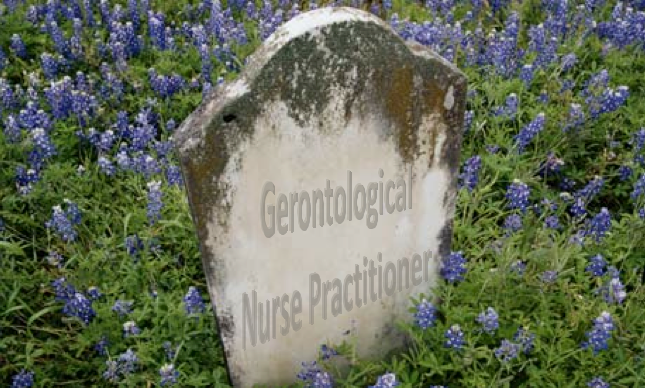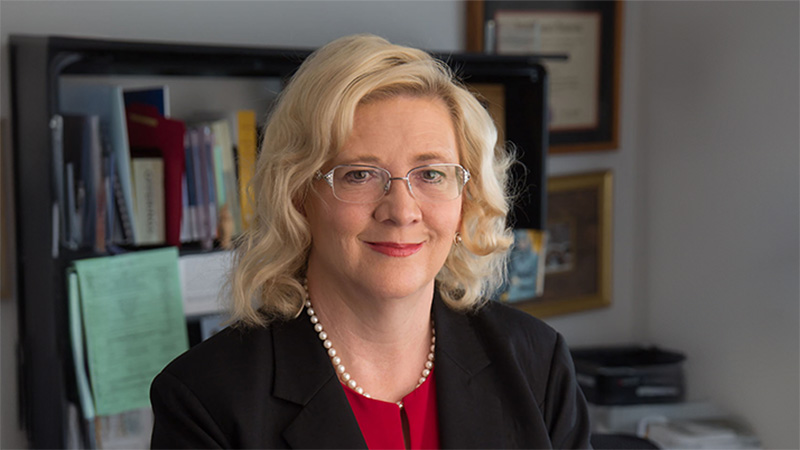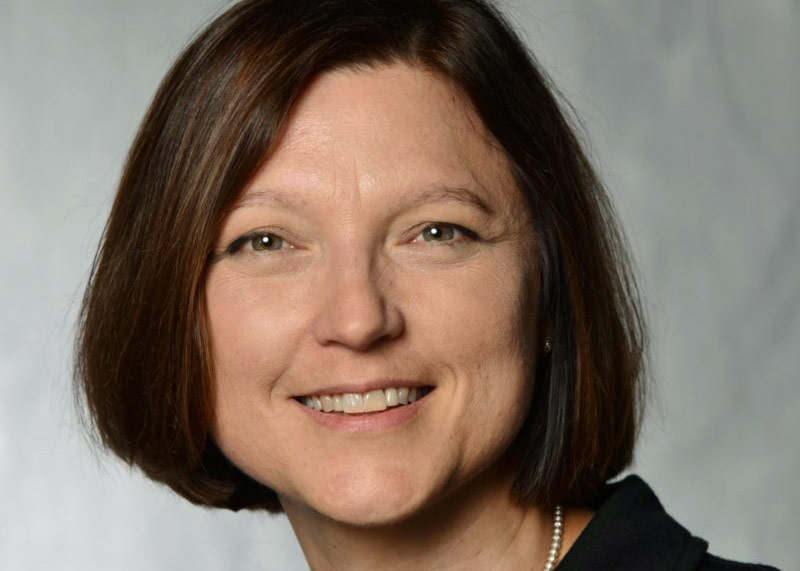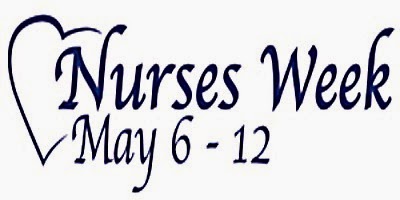
The Advanced Practice Registered Nurse Consensus Work Group and the National Council of State Boards of Nursing Advanced Practice Registered Nurses (APRN) Advisory Committee has decided to eliminate the Gerontological Nurse Practitioner track and its associated national certification examby 2015.
At the University of California, San Francisco (UCSF), this means that the last class of Gerontological Nurse Practitioners (GNP) will graduate in 2013. Starting this fall, incoming UCSF Nurse Practitioner students who wish to focus on the care of older adults will be entering the Adult-Gerontology Primary Care Nurse Practitioner track. This new program will be preparing students to care for persons aged 15 to 105. Geriatric content will be merged into the current Adult Nurse Practitioner program. All graduate schools of nursing who once offered GNP programs are affected by this change.
I am struggling to make sense of this.
Most of us are aware that the population of adults 65 and over is anticipated to reach 70 million by the year 2030. Ten million Americans currently need long term care. This number is projected to rise to 15 million by 2020. Today, there is only one board certified geriatrician for every 2,620 Americans 75 and older. In 2030 there is expected to be only one for every 3,798. Additionally, there is a significant shortage of primary care providers in this country.
This serious gap in the provision of care for the elderly in America can be filled with well-trained nurse practitioners. The Institute of Medicine report on the Future of Nursing specifically speaks to the necessity of nurses to practice at the highest and full extent of their abilities. Gerontological NPs work in long term and transitional care facilities, acute care for the elderly (ACE) units in hospitals, clinics for older adults, home based primary care programs, inpatient and outpatient palliative care, with interdisciplinary teams and in primary practice. Gerontological Nurse Practitioners are in the perfect position to address the primary needs of the aging population.
I imagine that the intent of the new consensus model is to train generalists, generalists who can care for a wide variety of age groups. To that end, it makes sense to add geriatric content to all adult nurse practitioner programs.
However, I’m concerned that the depth and breadth of knowledge necessary to care for the unique needs of older adults cannot be adequately covered within already content packed adult NP programs. How can the new Adult-Gerontology NP track address all the competencies necessary for the care of the adolescent with primary reproductive health needs through the frail elderly with multiple complex chronic conditions and geriatric syndromes within the same time frame? Will Adult-Gerontology NPs be expected to keep up-to-date with all the changes for a population that spans 90 years? Even for the most ambitious, this would be a huge endeavor and no small task for those with only one population focus.
By 2030, one in every five Americans will be 65 or older. Will we all be losing out through the dilution of specialized training for this segment of the population? Are we best served by being generalists? Or is this another health care missed opportunity?
by Patrice Villars
Stay tuned for Part 2 of Death of the Gerontological Nurse Practitioner –perspectives from a graduating GNP student.



